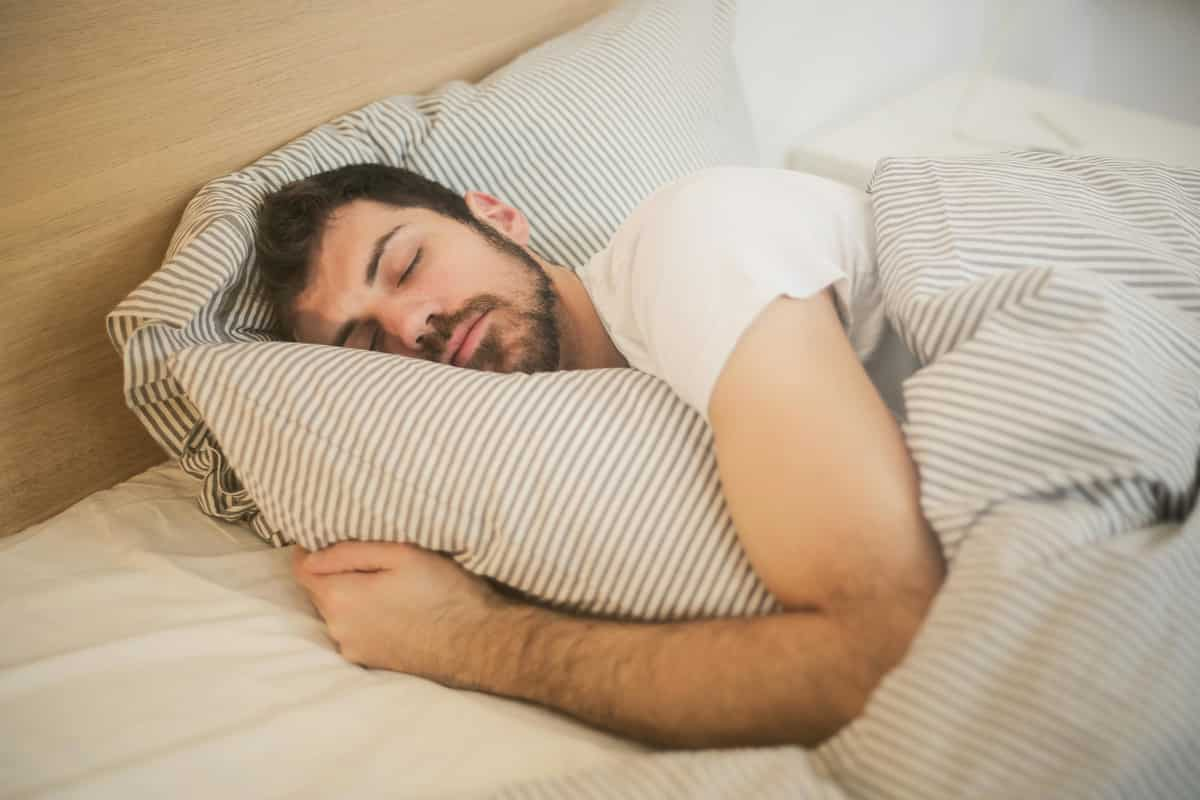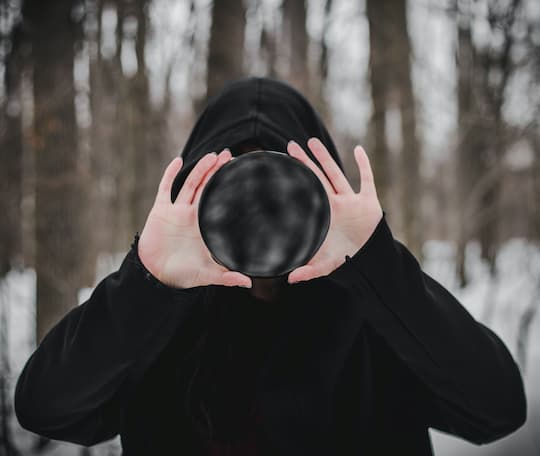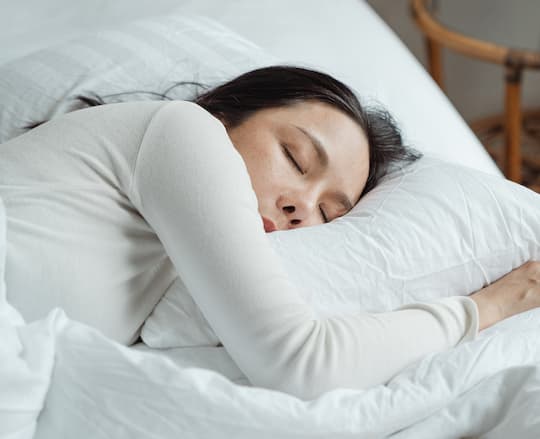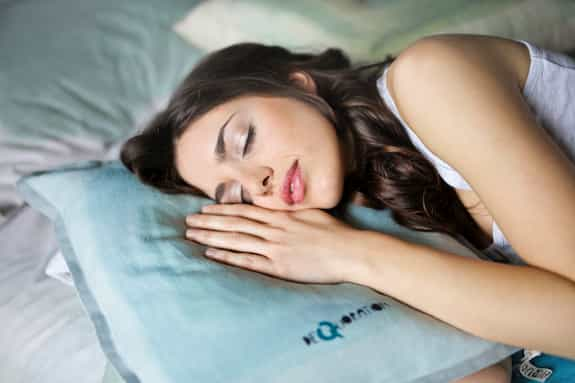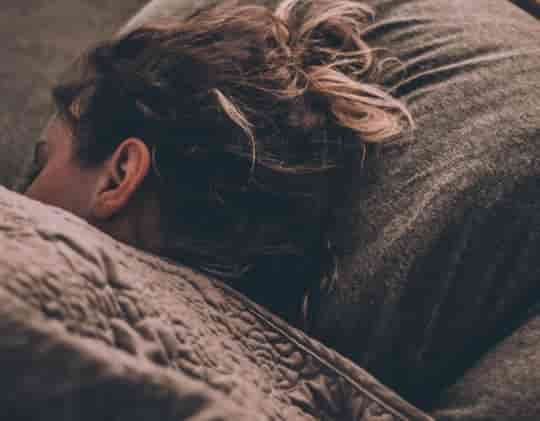Research on how to fall asleep fast reveals the power of Stimulus Control Therapy and 11 other methods for getting to sleep fast.
How to fall asleep fast is a common problem.
With 30 percent of adults reporting short-term sleep issues, you’re not alone.
In surveys of what would improve people’s lives, how to fall asleep fast comes near the top of the list.
Poor sleep results in worse cognitive performance, including degraded memory, attention, performance and alertness.
Naturally, many people want to know how to go to sleep fast.
And in the long term insomnia is also associated with anxiety and depression.
And people’s sleep gets worse as they get older.
After 65 years old, between 12% and 40% of people have insomnia which makes it more important to know how to fall asleep fast.
All sorts of methods have been tried for how to fall asleep fast, from drugs through psychological remedies to more outlandish treatments.
The problem with drugs is that they have side-effects and are often addictive.
The problem with the more outlandish treatments is that although they tend not to have side-effects, we don’t know if they have any effect at all.
Psychological remedies, though, combine the best of both worlds: studies show they work without side-effects.
How to fall asleep fast
Professor Richard R. Bootzin has been researching how to fall asleep fast and sleep disorders for many years at the University of Arizona Sleep Research Lab.
Writing in the Annual Review of Clinical Psychology, he describes the different psychological approaches that have been used to treat insomnia and learn how to fall asleep fast (Bootzin & Epstein, 2011).
Of these the most successful single intervention is called Stimulus Control Therapy (Morin et al., 2006).
You’ll be happy to hear it consists of six very straightforward steps.
If you follow these steps for how to fall asleep fast it should improve your sleep.
After the list I’ll explain the thinking behind them.
First, here are their six steps:
- Lie down to go to sleep only when you are sleepy.
- Do not use your bed for anything except sleep; that is, do not read, watch television, eat, or worry in bed. Sexual activity is the only exception to this rule. On such occasions, the instructions are to be followed afterwards, when you intend to go to sleep.
- If you find yourself unable to fall asleep, get up and go into another room. Stay up as long as you wish and then return to the bedroom to sleep. Although we do not want you to watch the clock, we want you to get out of bed if you do not fall asleep immediately. Remember the goal is to associate your bed with falling asleep quickly! If you are in bed more than about 10 minutes without falling asleep and have not gotten up, you are not following this instruction.
- If you still cannot fall asleep, repeat step 3. Do this as often as is necessary throughout the night.
- Set your alarm and get up at the same time every morning irrespective of how much sleep you got during the night. This will help your body acquire a consistent sleep rhythm.
- Do not nap during the day.
Why it helps you go to sleep fast
This method is based on the idea that we are like Pavlov’s drooling dog.
We attach certain stimuli in the environment to certain thoughts and behaviours.
Famously Pavlov’s dogs would start drooling when a bell rang, because they associated hearing the bell with getting food.
Eventually the dogs would drool at the sound of the bell even when they didn’t get any food.
Replace the bell with a bed and food with sleep and conceptually you’re there.
If we learn to do all kinds of things in bed that aren’t sleep, then when we do want to use it for sleep, it’s harder because of those other associations.
This is just as true of thoughts as it is of actions.
It’s important to avoid watching TV in bed, but it’s also important to avoid lying in bed worrying about not being able to get to sleep.
Because then you learn to associate bed with worry.
Worse, you suffer anticipatory anxiety: anxiety about the anxiety you’ll feel when you are trying to get to sleep.
So, this therapy for how to fall asleep fast works by strengthening the association between bed and sleep and weakening the association between bed and everything else (apart from sex!).
Other ways to fall asleep fast
Stimulus control therapy is not the only way to fall asleep fast, although it is one of the best.
Here are 11 further ways to help you get to sleep fast.
1. Cognitive-behavioural therapy for sleep
Cognitive-behavioral therapy for insomnia is the best treatment for people suffering from chronic insomnia, advises the American College of Physicians (ACP).
Chronic insomnia is usually defined as having disturbed sleep on at least three nights per week over three months.
In one study, three-quarters of patients with acute insomnia were cured by a 60-minute cognitive-behavioural therapy session.
2. How to fall asleep fast: medication
Many people take medication in order to help them fall asleep faster.
Common drugs used to try and improve sleep include the so-called Z-drugs, such as zolpidem, zaleplon and eszopiclone.
Clinical trials do indeed suggest that many of the drugs work in the short-term: over a period of less than six months.
However, taking sleep medication in the long-term fails to improve sleep, one study has found.
It is better to find a long-term solution to insomnia rather than taking drugs.
3. Fall asleep faster after a bath
Having a bath or shower around 90 minutes before bedtime leads to the best sleep, research finds.
Bathing before bedtime is linked to falling asleep faster, sleeping for longer and sleeping more efficiently, studies show.
The best temperature for the bath or shower is between 104 and 109 degrees Fahrenheit (40-43 degrees celsius).
4. Digital detox
Digital devices have become the scourge of sleep and a huge barrier to how to fall asleep fast.
Follow some simple digital detox rules to improve your sleep:
- Avoid screens before bedtime: Do not use any screens in the 90 minutes before bed.
- Reduce exposure to blue light in the evening. Blue light is bad for sleep.
- Set the phone to “airplane mode”.
- Phone out of easy reach.
- Curb usage in general.
- Reward yourself for following these digital detox rules.
5. How to fall asleep fast: write a to-do list
Writing a to-do list for the next day before bedtime helps people fall asleep faster, new research finds.
The more specific the list, the faster people fall asleep.
It may be because writing down worries helps to offload them from memory and leave the mind more relaxed for sleep
6. Progressive muscle relaxation
Progressive muscle relaxation involves mentally going around the muscle groups in your body, first tensing then relaxing each one.
It’s as simple as that.
And with practice it becomes easier to spot when you are becoming anxious and muscles are becoming tense as, oddly, people often don’t notice the first physical signs of anxiety.
This is based on the idea that the mind follows body.
When you relax your body, the mind also clears.
7. How to fall asleep fast: paradoxical intention
Paradoxical intention is the idea that giving up on trying so hard to get to sleep actually helps people sleep.
The paradox being that when people stop trying so hard, they find it easier to fall asleep.
While the research is mixed, it may be beneficial and worth trying.
8. Spend less time in bed
Spending less time in bed helps fight insomnia.
Researchers followed people’s sleeping habits over a year to see how short-term sleeping problems either resolved themselves or became chronic.
They concluded that 70 to 80 per cent of short-term insomnia could be nipped in the bud by spending less time in bed.
9. How to fall asleep fast: change diet
Eating more fibre along with less sugar and less saturated fat has been linked to better sleep.
The more fibre people in the study ate, the longer they spent in the most restorative phase of sleep, called ‘slow wave’ or deep sleep that night.
Lower sugar intake was linked to fewer arousals from sleep during the night.
High-protein diets have also been linked to better sleep as have prebiotics and certain vitamin deficiencies.
In contrast, people who eat a lot of refined carbs — in particular added sugar — are more likely to experience insomnia.
10. Nature
Many people sleep better when they have access to nature.
It could be an ocean view, a green space nearby or any natural surroundings.
People over-65 and men of all ages slept better when they had access to nature, the research found.
11. How to fall asleep fast: exercise
Activities like aerobics, biking, gardening, golfing, running, weight-lifting, and yoga or Pilates are associated with better sleep habits, research finds.
Even people who just walk have healthier sleep habits than those that do not.
It is better for sleep habits, though, to add a slightly more vigorous activity than just walking.
It might not feel like exercise is helping, but research suggests this is a perfectly normal reaction.
In fact exercise helps people fall asleep quicker and enjoy deeper sleep.
Final word on how to fall asleep fast
All this assumes you don’t live next door to a late night drummer and you’re not downing a double espresso before hitting the sack, but those sorts of things are pretty obvious.
Everything else being equal, though, Stimulus Control Therapy seems the easiest for most people to implement.
→ Related: Discover the best science-backed relaxation techniques.
